
Green vs. Growth: Mato Grosso's Bold Push to Rollback Amazon Safeguards
In a controversial move that has sparked widespread environmental concern, Brazil's agricultural powerhouse state of Mato Grosso has passed a new law that threatens to undermine critical ecosystem protections. Climate activists are sounding the alarm, warning that the legislative change could significantly weaken safeguards for endangered biomes within the state's borders. The recently enacted legislation represents a potential setback for environmental conservation efforts, targeting the delicate classification system that currently shields vulnerable ecological regions. Environmentalists argue that the law could open the door to increased deforestation and habitat destruction, putting already fragile ecosystems at even greater risk. Mato Grosso, known for its crucial role in Brazil's agricultural sector, has long been a flashpoint for debates between economic development and environmental preservation. This latest legal maneuver has intensified those tensions, raising serious questions about the state's commitment to protecting its rich and diverse natural landscapes. As climate change continues to pose unprecedented challenges to global biodiversity, the potential rollback of environmental protections in such a critical region has drawn sharp criticism from conservation groups and environmental experts alike.

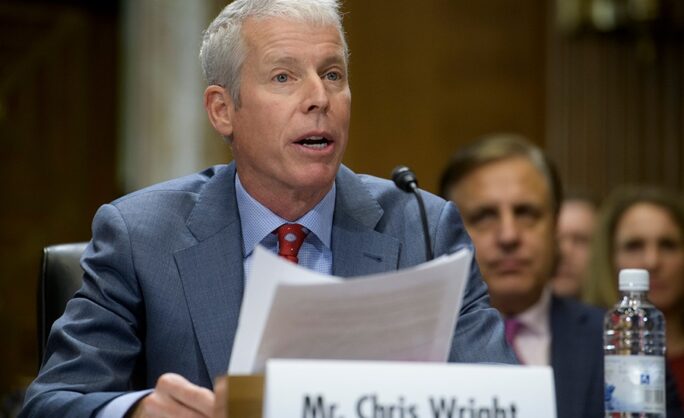

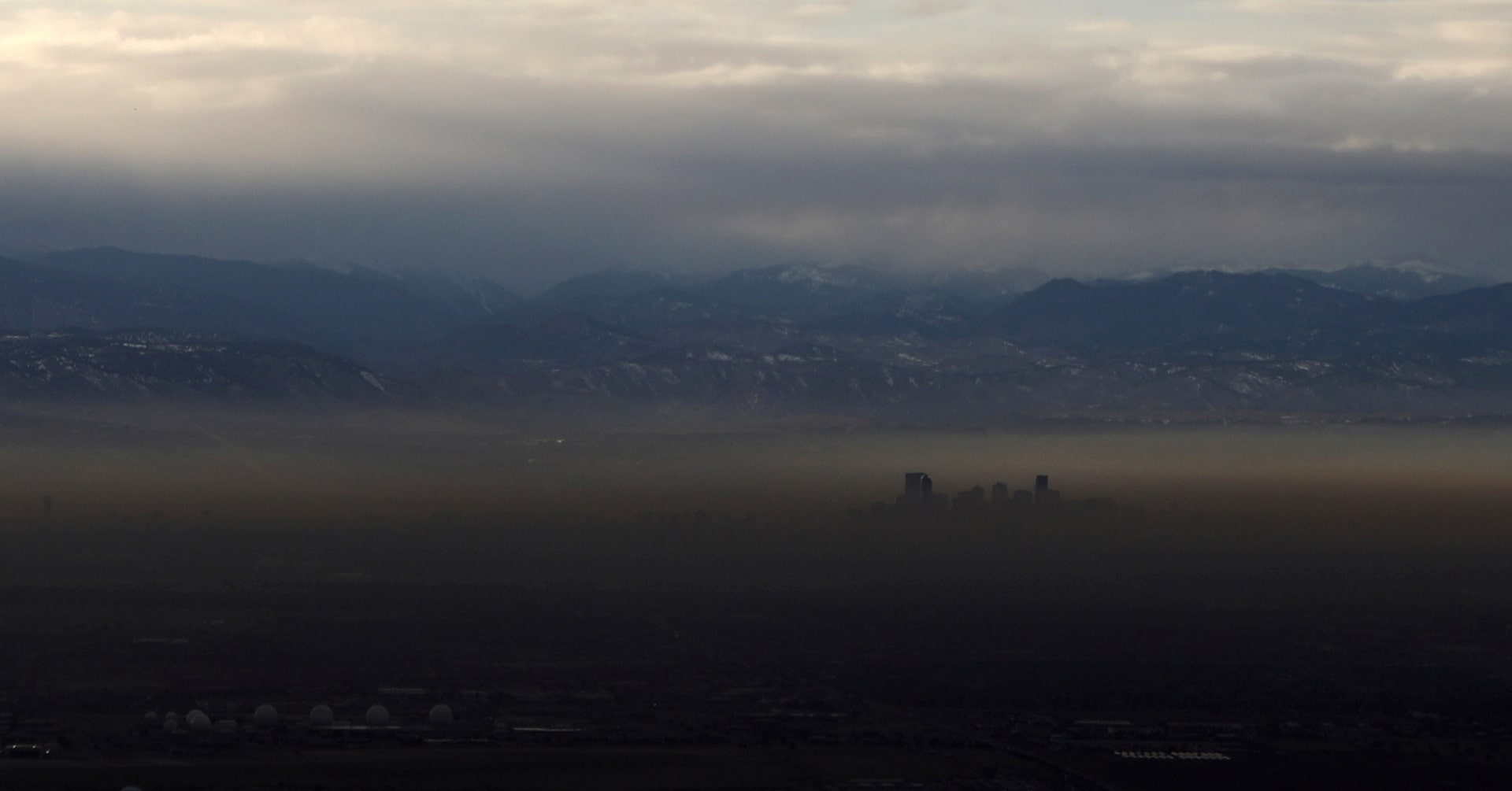

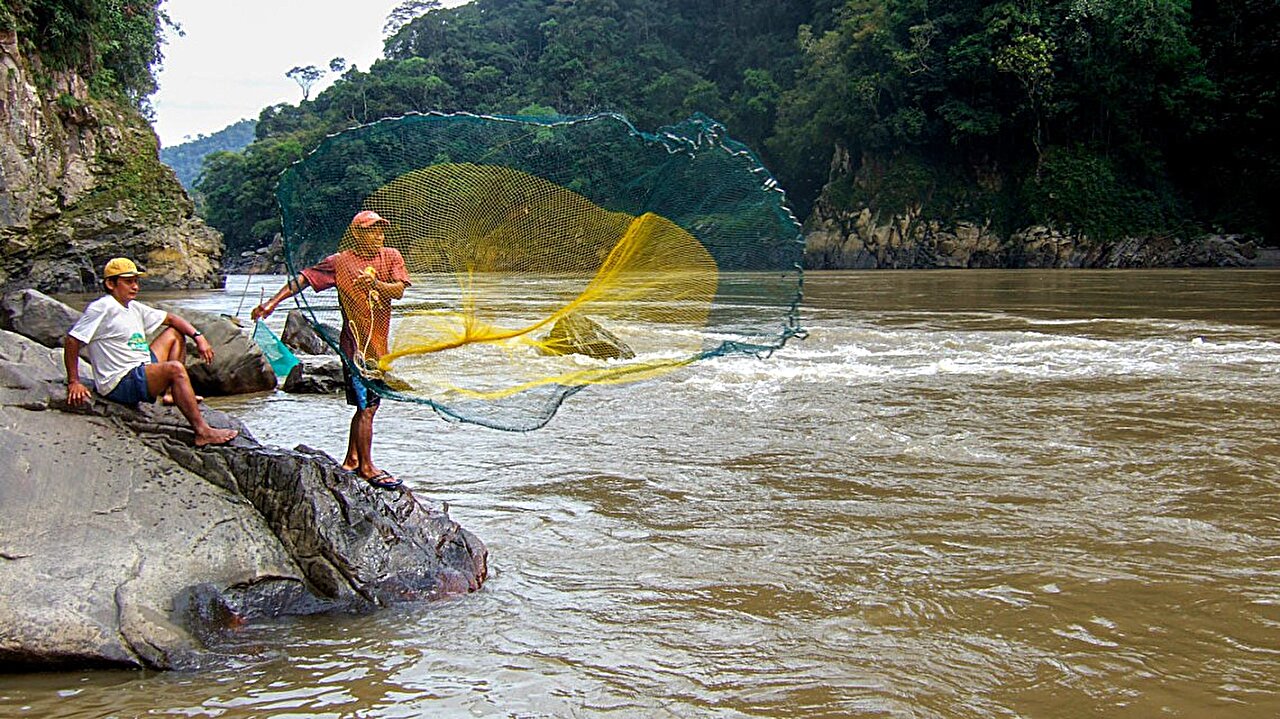
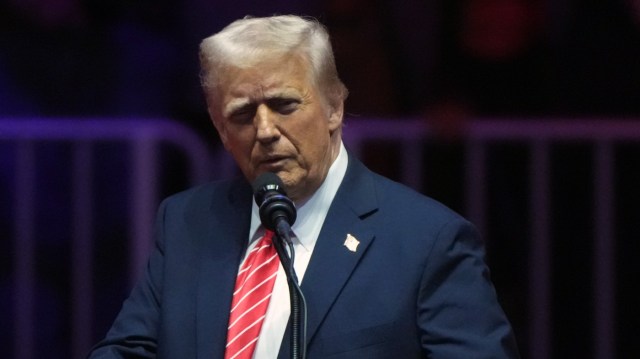

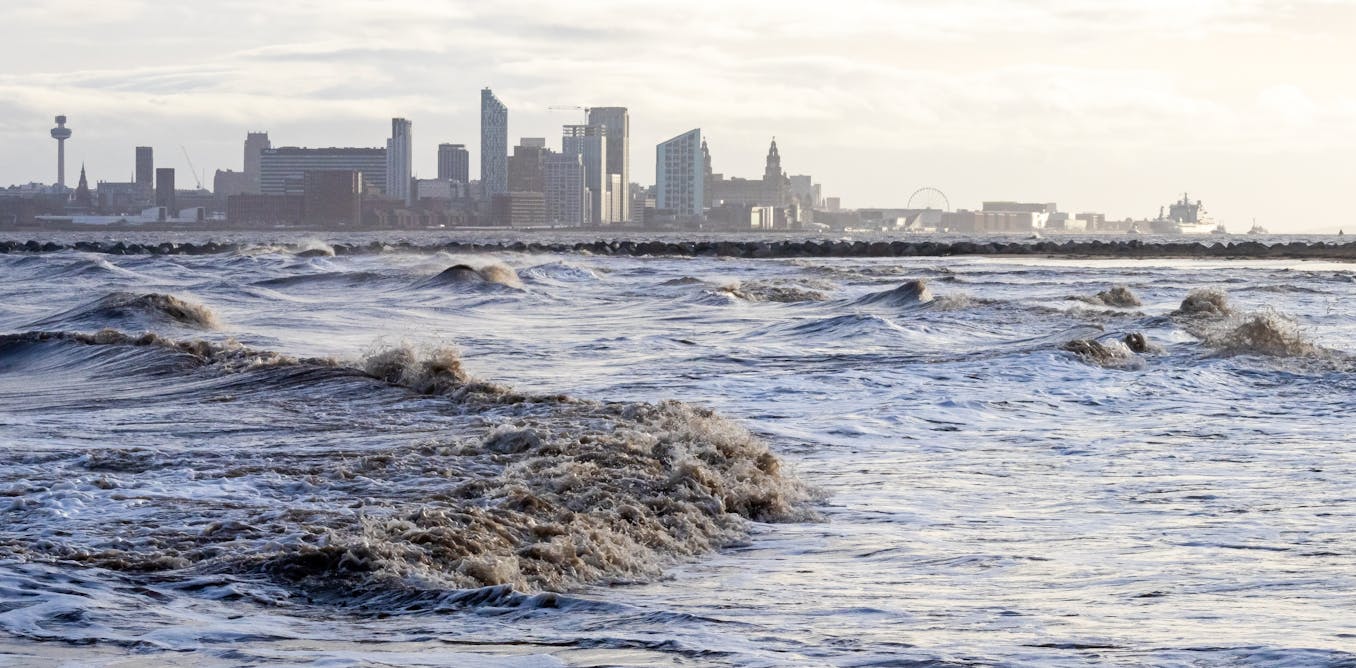
:strip_icc()/i.s3.glbimg.com/v1/AUTH_37554604729d4b2f9f3eb9ad8a691345/internal_photos/bs/2025/L/j/xOe0O7Tjma0h8e1ZFwuQ/ana.png)